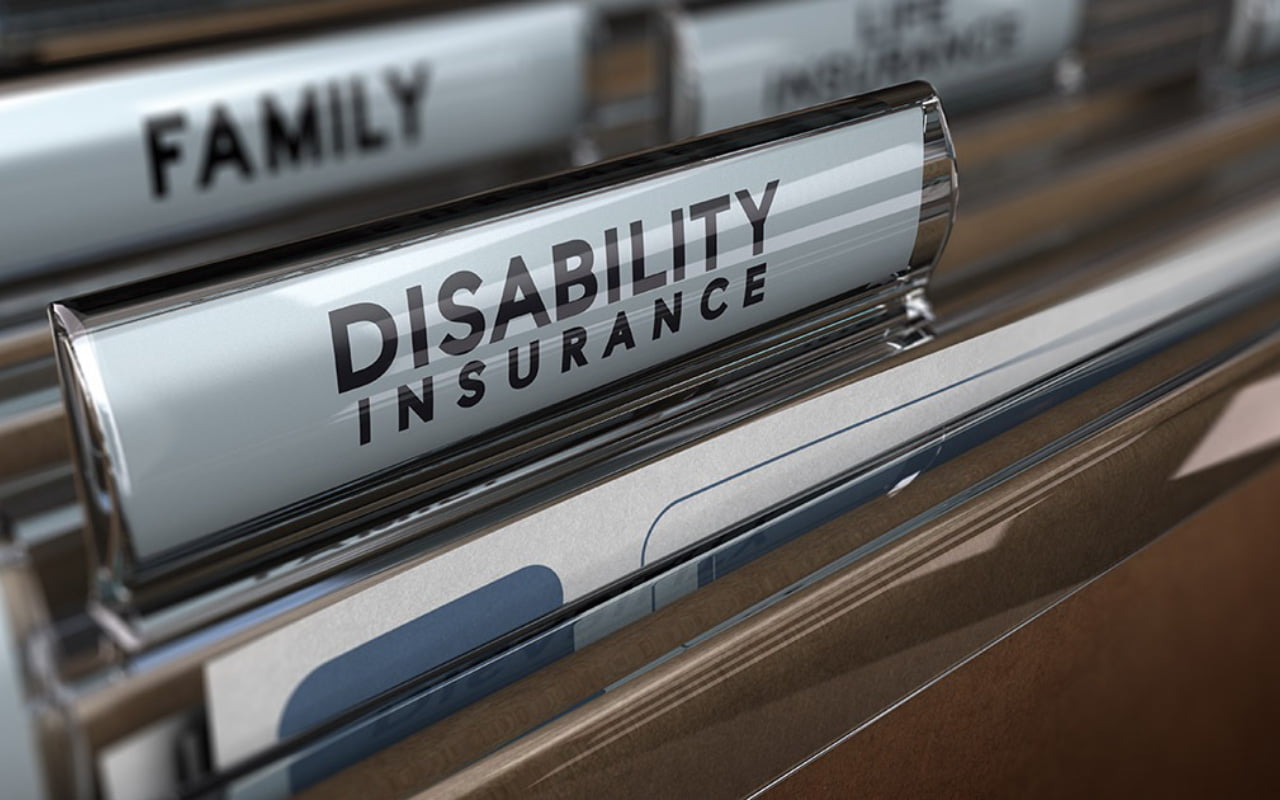What happens if your long-term disability claim has been denied?
So, your long-term disability has been denied and you’re left feeling confused, frustrated, and even exhausted. We want to let you know you are not alone! In fact, this is common among people who submit LTD claims without the legal advice needed.
It is important to know your rights in Ontario, as Long-Term Disability is your safety net if you are injured or sick and left unable to return to work. On top of all the other stresses, the last thing you need is to be in a financial situation while facing health and wellness issues. Long term disability is available to provide protection for you during the time period where it is most needed.
When a long-Term disability claim is denied, it can make these circumstances very frustrating and confusing. Many people believe that the insurance companies have more time and resources, and in the end, decide against fighting them, though it is rightfully theirs.

Why do LTD claims get denied?
Insurance companies deny LTD claims for many reasons. It’s important to note that this is not a one size fits all and no two claims look the same. Although there are common reasons that would lead to a claim being denied, each case is specific and has certain needs. Missed deadlines or insufficient medical information are a couple of common examples.
With the right information, a good lawyer, and a positive attitude, you can challenge your LTD denial. Here are some reasons why LTD claims are denied
- The insurance company can claim you have not provided adequate medical documentation to submit the claim. You have the option to appeal this and get a lawyer to review the documentation and discuss your rights.
- The insurance company claims you don’t have a diagnosis. The absence of a specific diagnosis from a medical professional does not mean you lack symptoms constituting an entitlement to benefits or compensation. A lawyer can review and advise on how you obtain a specific diagnosis.
- The insurance company claims that they have proof or documentation that you are not disabled. This can be argued in any courtroom – innocent until proven guilty! For example: if you are off work for depression, it would then be okay to be outside going for a walk for mental health purposes. Remember: Everything is perspective, and it is our job to ensure your side of the story is told.
- The insurance company claims their medical professional does not think you’re disabled. If you have medical proof from a doctor who has been treating you, it becomes a simple argument between your doctor vs the insurance company’s doctor.
Do you believe you have been wrongfully dismissed in your LTD claim by the insurance company? Contacting a long-term disability lawyer will help you gain clarity during this difficult time in your life. At Joshua Goldberg Law you don’t need to pay anything upfront – we only get paid once we recover the money for you from the insurance company.
Most insurance companies want to settle the case before we even get to court because there is the potential to lose.
What are some other common reasons for LTD denial?
Here are a few more reasons your LTD claim may have been denied:
- You can work in some other occupation;
- You have not complied with reasonable treatments;
- You applied for LTD too late;
- There is surveillance that contradicts the claim that you are disabled;
- An insurer assessor says that you are not disabled (this usually happens in the context of an IME – an “Independent Medical Examination”);
- You are refusing to go back to work or to participate in a gradual return to work program;
- You are in breach of some provision of your LTD policy;
- You are not covered because of a pre-existing condition (exclusion clause under the policy).
Curious what an IME is? An independent medical evaluation (IME) is an objective, unbiased assessment of an individual by a regulated healthcare professional. The purpose of an IME is to help resolve any disputes and confirm benefits, coverage, or settlements for an individual
Returning to work while on LTD
A gradual return to work is common in cases with LTD – this does not mean you cease treatment or that it stops, this means you can gradually go back to work while participating in treatment. This could look different on a case-to-case basis, some common elements of this are support from a therapist, physiotherapy, medical check ins with your family doctor.
Curious to know more about this? Check out the return-to-work guidelines Manulife has put together.
We are here for you today and everyday going forward. Contact us at 416-943-6585 for your free consultation.
Call or contact us today for a free case assessment and consultation: 416-943-6585, info@jgoldberglaw.ca. Don’t wait – contact us right away to discuss your options.



